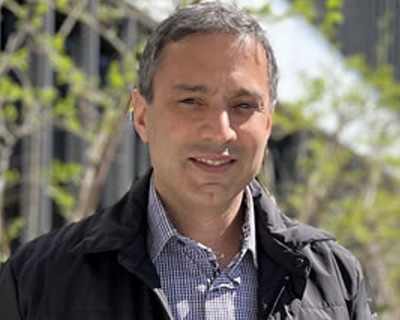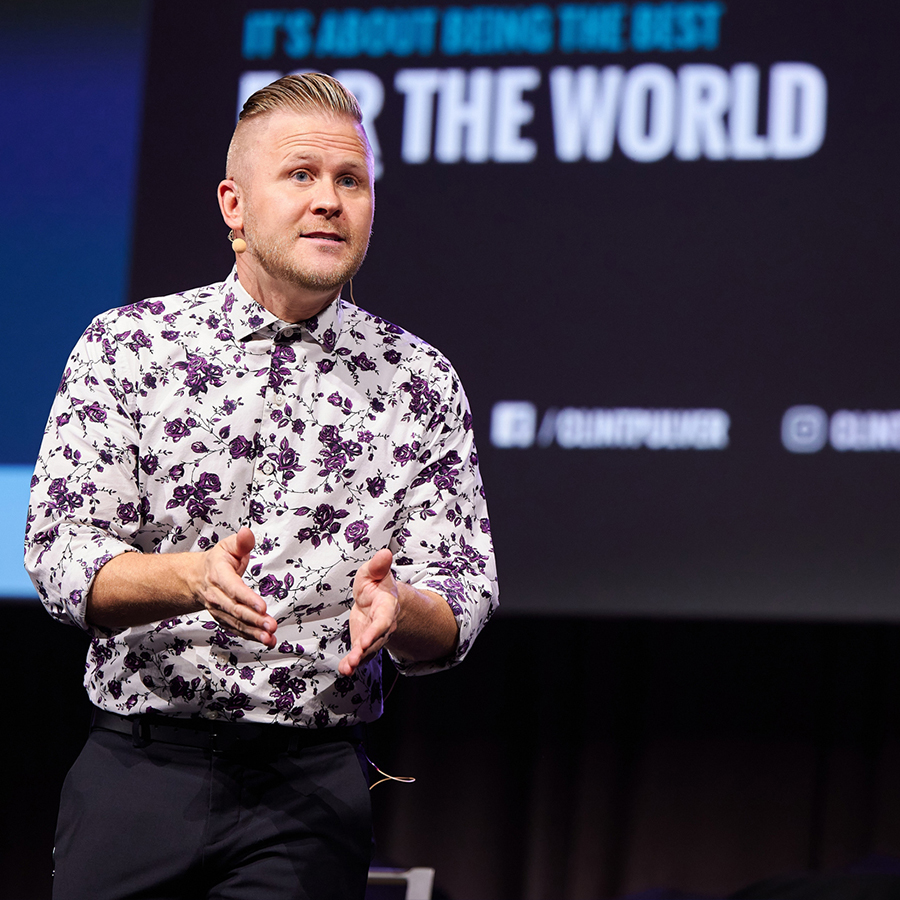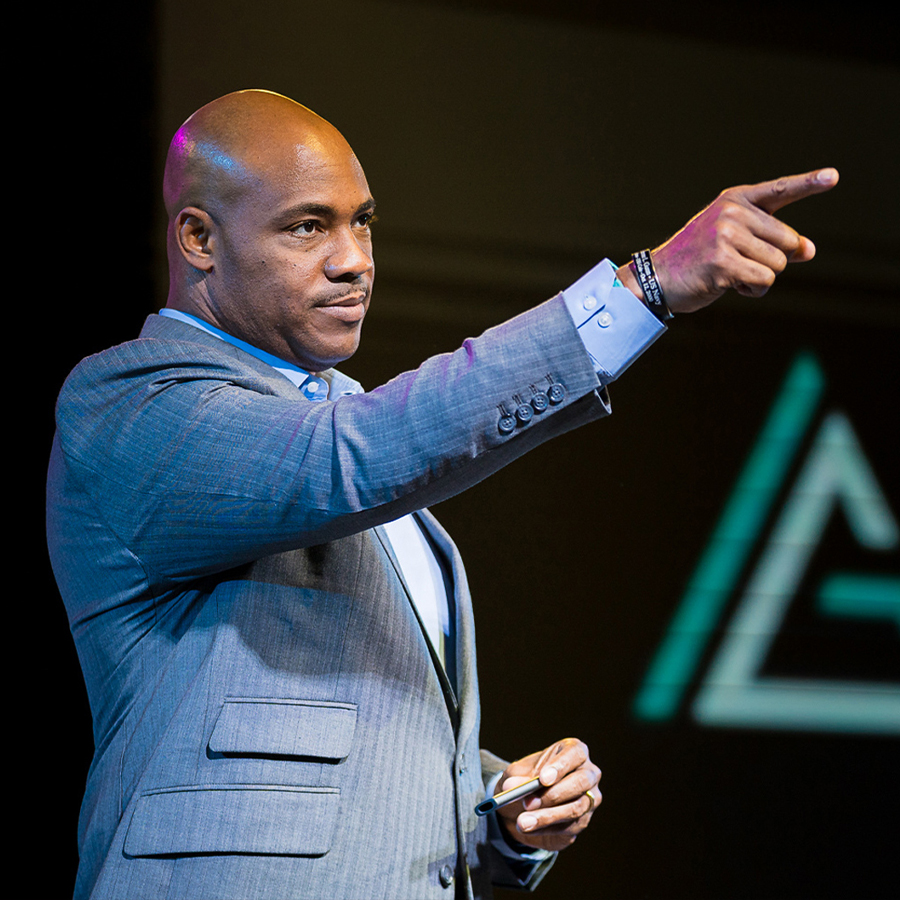- Vikram is the author of bestseller Boombustology Vikram is an expert at “seeing into the future” for economic and financial ventures.

Global Equity Investor & Yale University Lecturer, Author
For IN-PERSON EVENTS, the exact fee falls within the fee range on this page, unless this is a “Call for Fee.”
For VIRTUAL EVENTS, the fees can vary depending on how the presenter is used (example: virtual keynote, workshop sessions, multiple video messages, etc).
To learn the exact fee, complete the “Check Availability” form or call us (at 973-313-9800), email us at info@eaglestalent.com, or chat with one of our team members on LiveChat.
We look forward to helping you.
Global Equity Investor & Yale University Lecturer, Author
For IN-PERSON EVENTS, the exact fee falls within the fee range on this page, unless this is a “Call for Fee.”
For VIRTUAL EVENTS, the fees can vary depending on how the presenter is used (example: virtual keynote, workshop sessions, multiple video messages, etc).
To learn the exact fee, complete the “Check Availability” form or call us (at 973-313-9800), email us at info@eaglestalent.com, or chat with one of our team members on LiveChat.
We look forward to helping you.
Vikram Mansharamani is a businessman who has spent his life creating businesses and helping entrepreneurs and companies create jobs and grow. An economist and author, he has written a book about financial bubbles and his writings have appeared in Bloomberg, Fortune, Forbes, and a long list of other publications. LinkedIn twice listed him as their #1 Top Voice for Money, Finance, and Global Economics, and Worth profiled him as one of the 100 most powerful people in global finance. Vikram is also the author of Think For Yourself: Restoring Common Sense in an Age of Experts and Artificial Intelligence (HBR Press, 2020) and was a 2022 candidate for the US Senate in New Hampshire.
From 2017-2022, Vikram was a Lecturer at Harvard University, where he taught students to use multiple perspectives in making tough decisions. Previously, he was a Lecturer at Yale University. In addition to teaching, he also advises several Fortune 500 CEOs to help them navigate the radical uncertainty in today’s business and regulatory environment. He has a PhD and two Masters degrees from MIT and a Bachelors degree from Yale University, where he was elected to Phi Beta Kappa. Vikram lives in Lincoln, NH with his wife, daughter, son, golden-retriever, and two cats, one of which he believes may be clairvoyant.
In this stimulating and entertaining talk, Dr. Vikram Mansharamani applies a unique combination of practitioner experience and academic perspective to help audiences navigate the seemingly unending crosscurrents of global economic, financial and geopolitical uncertainty. He explains how we got to the current world of protectionism, nationalism, populism, and currency conflicts and explores how the combination of political, social, technological, demographic, and economic pressures will impact future trends. After presenting several scenarios, he considers the risks and opportunities emerging from a recession or an escalation of global tensions. While audiences often find themselves agreeing with Dr. Mansharamani each step of the way, they’re frequently surprised by what turn out to be unconventional conclusions.
In a fast-paced world driven by complex and changing factors, connecting the dots is often more important than developing them. As a result of the overwhelming flood of information that pours at us daily, we run headlong into the arms of experts and technologies. We’ve stopped thinking for ourselves and now habitually – perhaps unconsciously – outsource our thinking about important decisions. Rather than turn to specialists, Dr. Mansharamani guides us to think bigger and look across the silos of expertise, leaving listeners empowered and energized to think for themselves. This memorable talk is filled with stories from a variety of industries and settings about how we got to where we are and how we can reclaim control.
Our dynamic global economy seems to be producing boom and bust cycles more frequently than in the past. There’s always something that seems ahead of itself, having reached unsustainable levels. In direct contrast to the prevailing academic thinking, Dr. Vikram Mansharamani believes it’s possible to identify financial (and other) bubbles before they burst. Drawing on entertaining examples from art markets, architecture, and popular culture (as well as economics and politics), he powerfully demonstrates that you need not be an expert to anticipate the future. Audiences leave this talk feeling empowered to think independently and connect the obvious dots to generate not-so-obvious conclusions.


Call us or Live Chat Below


Call us or Live Chat Below


Call us or Live Chat Below


Call us or Live Chat Below


Call us or Live Chat Below

"*" indicates required fields
"*" indicates required fields